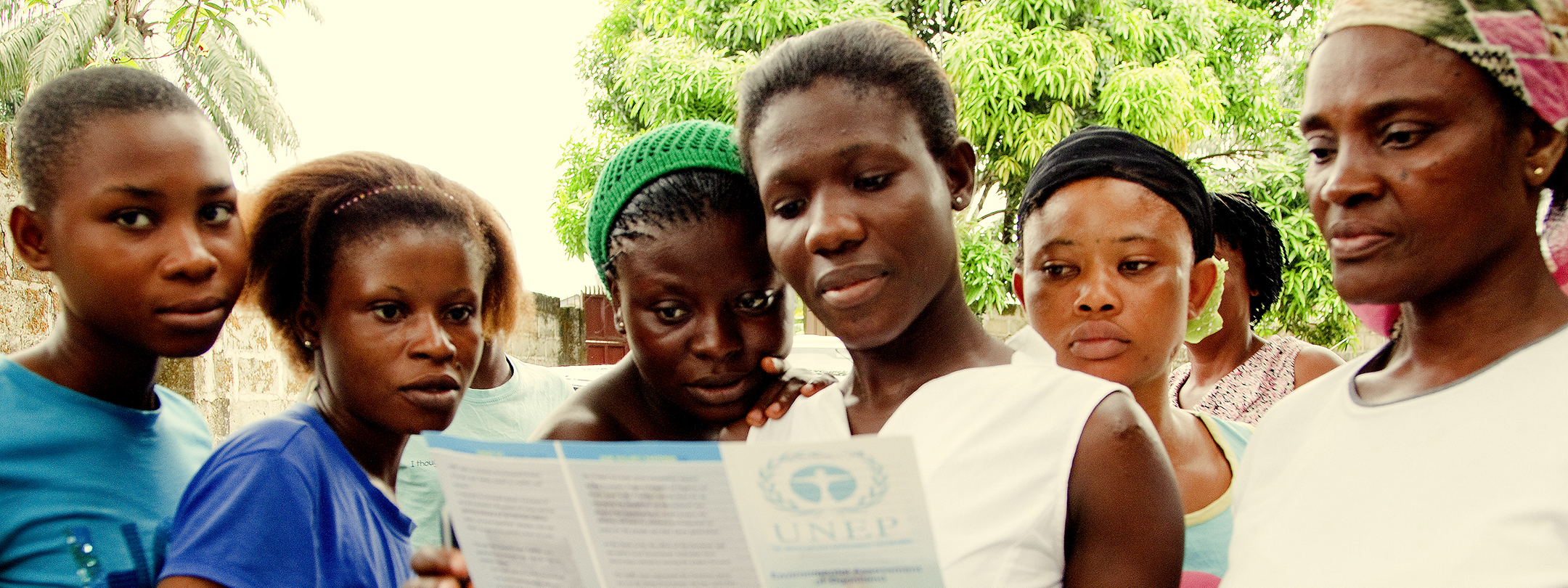The Power of Real-World Qualitative Assessments for Addressing Climate Security Risks
Publisher: Climate Diplomacy
Author(s): Hector Morales-Munoz
Date: 2023
Topics: Assessment, Climate Change, Conflict Causes, Conflict Prevention, Cooperation, Data and Technologies, Monitoring and Evaluation, Programming
Qualitative research can uncover hidden drivers and connectors, reveal unintended consequences, and generate contextualised and actionable knowledge by delving into the lived experiences, perceptions, values, and behaviours of people and communities most affected by climate change.
The Weathering Risk (WR) methodology combines quantitative and qualitative research in a people centred, intersectional and gender-disaggregated approach, meaning it recognises and integrates different groups' unique experiences and perspectives. Using state-of-the-art spatially disaggregated climate impact data and analysis in combination with qualitative methods conducted by local teams on the ground such as ethnographic fieldwork, participatory mapping, focus groups, focused community consultations, multi-stakeholder dialogues and conflict sensitivity assessments, we gain a more nuanced understanding of climate security issues and can develop actions to address them. The WR methodology focuses on context and actor-specific entry points for tailoring solutions to the needs of communities and policymakers swiftly.
